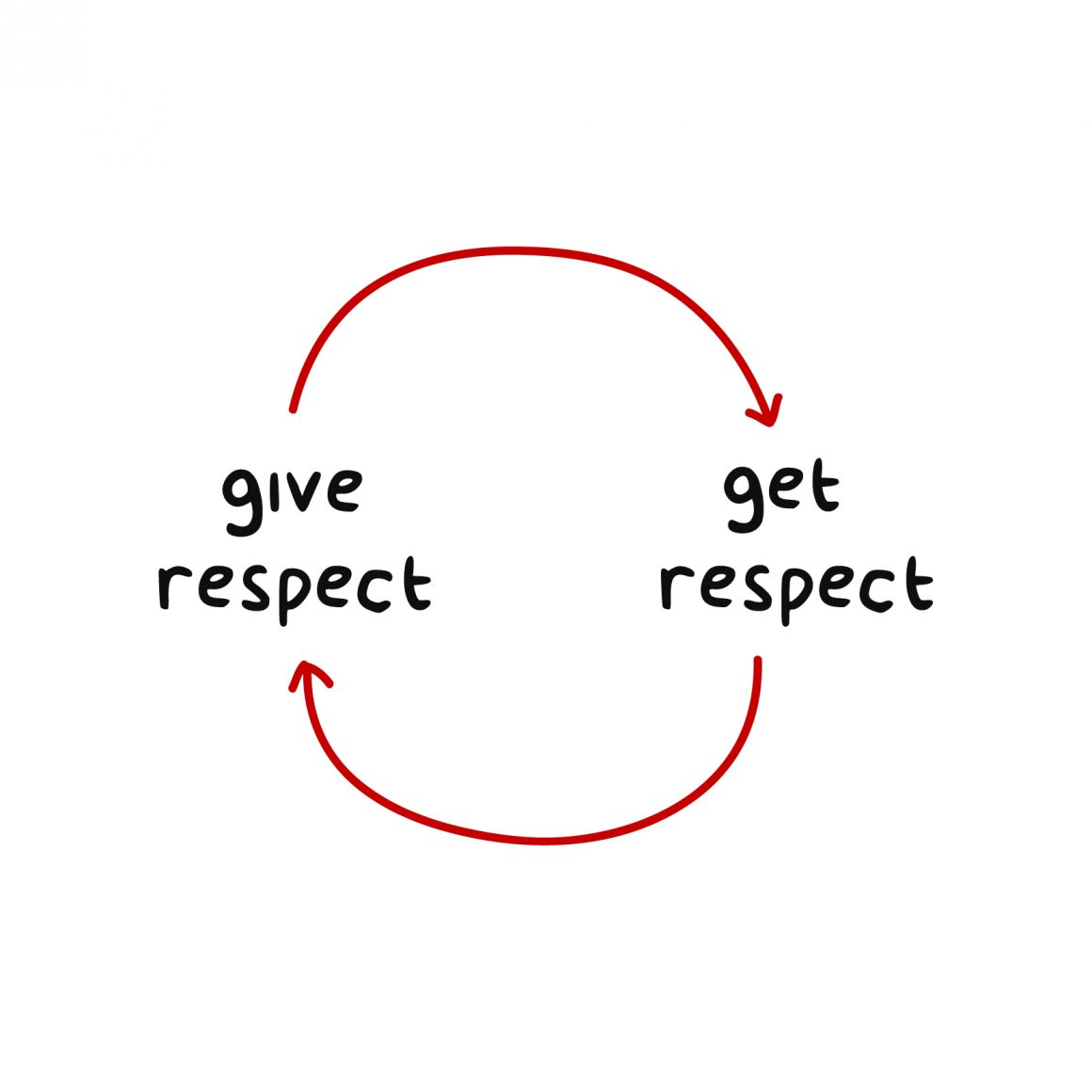Relationships can be tricky, but it’s important to remember that a relationship is not always going to be perfect. It’s important to have a toxic-free relationship and know when to speak up about something that’s not working.
One thing you should never do in a relationship is be toxic! Read on to find out how to stop being toxic in a relationship, and for some tips on keeping your partner happy while still maintaining your individuality and sense of self-worth.
Table of Contents
How to Stop Being Toxic
1. Practice what you preach.

Would you be happy if someone bitched about you, was never on time, or treated you poorly? Probably not, right? So make sure you aren’t making others feel this way.
It’s important to recognize your own boundaries and values. Think about what you wouldn’t appreciate from your partner – and then try to recognize any of those toxic traits that you may have yourself.
It’s mature to recognize our faults, so don’t feel bad if you’re just now realizing how you’ve treated people in the past.
2. Ask questions, and listen to your partner.

There’s a good chance that you’re not actually listening to what your partner is saying. Not being present is one of the biggest reasons for toxic behavior in a relationship. After all, how can you understand each other’s problems if you’re not even listening?
Making eye contact and really paying attention when your partner talks about their day or what they did is super important. Make sure you’re not just waiting for them to stop talking so you can get back to your phone!
Asking questions is important for you and for your relationship because each person is able to express themselves fully without fear of being judged or misunderstood.
3. Think before reacting.

Being highly reactive and not thinking before we respond can hurt anyone close to you and can leave them walking on egg shells around you. If you’re quick to react, make sure to change your behavior for the benefit of your relationship.
- Take responsibility for how you act, and don’t blame anyone else.
- Take time to process the situation before reacting.
- Acknowledge any unhelpful thoughts or feelings that come up as a result of this particular incident. This will give you space to react in an appropriate way without hurting others close to you who may be affected by what happened.
- Communicate openly with those around you about how they feel when they see your reactions happening. This will help you understand it better and work towards changing it.
- Avoid going straight from one argument into another. Take time to cool off first, preferably apart. Consider both sides before making accusations.
4. Put aside your ego.

Nearly all of us are guilty of getting defensive when we feel our image is attacked. However, it’s impossible to maintain this image forever. There will be plenty of times where we’ll have to leave our ego at the door.
Trying to maintain a perfect front in a relationship won’t work. You need to be vulnerable and open to each other. If you don’t, you end up with nothing more than a surface level relationship.
Forgetting your ego is vital when it comes to being accountable for your actions. Hiding behind your mistakes is a very toxic behavior that will only cause problems in your relationship.
It’s almost impossible to have a long-term relationship with someone who can’t admit to their mistakes. It’ll leave your partner feeling like they’re always to blame, which will make them feel wronged. What you need is to be supportive of each other as partners, willing to take on each other’s flaws, be able to help each other when things get tough, and willing to admit your mistakes.
5. Always work on your relationship.

It’s important to know that relationships take work. It isn’t just up to the other person – YOU need to work hard too.
Rather than accepting things as they are, try to address any problems head on. It might be hard to do, but sometimes we have to take initiative to work on the relationship – instead of being begged to make a change.
Small changes can be made on a daily basis. Relationships constantly need work, and these small changes will help remove the toxic traits of your relationship over time.
6. Keep a positive mindset.

If you try fixing problems in your relationship with a negative mindset, it creates a defensive reaction that often leads to hurtful incidents.
- Focus on your partner and the good they’ve done for you.
- Make sure that when you approach a situation, it’s with as much appreciation in your heart as possible. Your partner will appreciate this immensely!
- If something negative has happened, make a list of positive things about your partner before reacting or responding. This will help remind you how great your significant other really is!
- Approach conflict resolution without anger. Try not to blame or criticize each other. Communicate clearly and assertively, but never aggressively
- Avoid using blame language. Take responsibility for your own emotions by saying “I feel angry/hurt/frustrated because…” rather than “You made me mad”.
7. Be a team – and support each other.

Being a team is very important. It means that you and your partner work together to achieve the same goals. One of these is celebrating each other’s success, as this will bring joy to both of you.
It’s important for both partners in a relationship to be supportive of each other – even if they’re not always happy with what their significant other has done. This can in turn have a positive impact on the one who made mistakes; knowing that they’re loved unconditionally may help them make better decisions in future situations.
8. Be kind to others.

Everyone wants to be around people who are happy, joyful, and loved. That being said, if you’re looking for ways to bring others down, it’s definitely time to reconsider what you’re doing. What does retaliating or belittling people really get you?
People are constantly seeking validation from others and talking about their own passions. When was the last time you asked about the passions of others?
Showing interest in people other than yourself will help you stop being toxic. The key is to pay attention when someone else is talking about themselves or their passions as well. They need some validation too!
If something is bothering you partner, ask them what it is before judging or jumping to conclusions. If they’re avoiding something or just don’t want to talk about what’s happening in their life, find out how you can help by asking questions and showing interest in who they are outside of the relationship.
Stop being toxic. Be kinder and more helpful than necessary, while still maintaining your individuality and sense of self-worth.
9. Seek help and advice.

If you or others are truly concerned with your toxic behavior, seek help from others. This can help you see situations from another perspective.
It can be hard to hear negative comments and criticism, especially because we’re afraid of what others think. It’s a lot easier to get defensive and let the comments roll off our backs rather than face them head-on. But when you’re in a relationship, feedback from your partner is very important. Try and understand where their criticism is coming from.
Asking for help and support is never a weakness; it’s simply an act of showing vulnerability that requires initiative from one person and the space needed to learn and grow.
The Bottom Line
The most important thing to remember is to do the best you can. What you need from others isn’t going to be the same for everyone, and your needs might change day-to-day or week-to-week.
In a world with so many toxic relationships in it already, I think it’s worth taking some time to ask yourself how you want yours to look like before diving into another one full steam ahead. Don’t be afraid to ask your partner for help if you want to correct your toxic behavior and fix your relationship.




